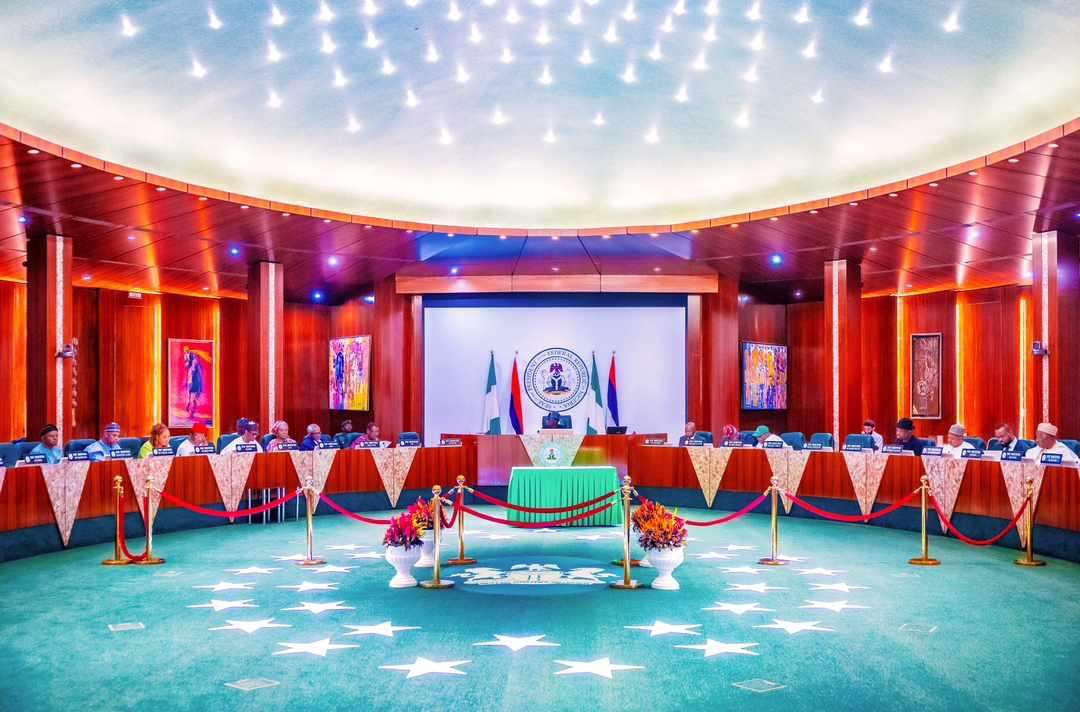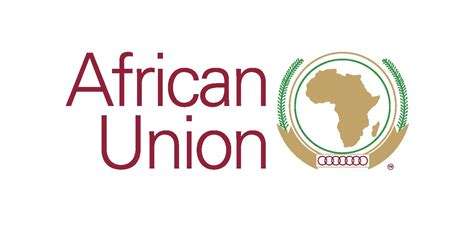In a significant move to enhance energy access and advance Nigeria’s clean energy objectives, the Federal Executive Council (FEC) has approved ₦68.7 billion for solar power projects in public institutions and rural communities. This funding is part of a larger ₦200 billion solar initiative spearheaded by the Ministry of Power, aimed at installing solar mini-grids in federal universities, teaching hospitals, and agricultural clusters.
The project will be managed by the Rural Electrification Agency under the Renewed Hope Infrastructure Initiative. Its goals include reducing dependence on diesel, lowering energy costs, and ensuring a steady power supply for critical sectors. This initiative marks the first phase of the Energising Education Programme, which is a crucial step toward sustainable development and national energy security.
Key Beneficiaries:
The project aims to enhance access to reliable, clean energy for major Nigerian universities and teaching hospitals, thereby improving learning environments, research capacity, and healthcare services.
The minister indicated that the projects are expected to be delivered within 7 to 9 months under a public-private partnership framework, involving local and international developers, while considering the completion of previous projects.
More Insight:
An allocation of ₦200 billion has also been set aside to support solar electrification in Agricultural Centres of Excellence and rural farm clusters nationwide. The goal is to improve power access for micro and small-scale agro-processing businesses in rural areas.
This solar program is not just focused on electricity supply; it also aims to drive inclusive economic growth and unlock productivity in rural areas, as emphasized by Adelabu.




